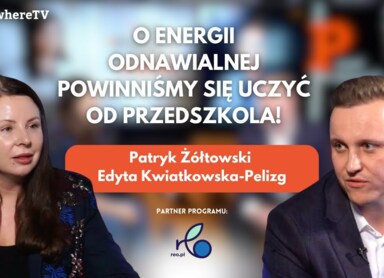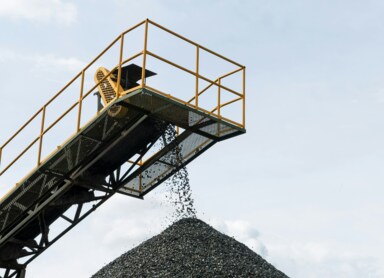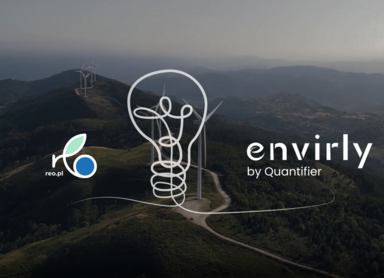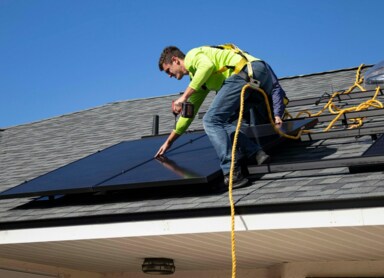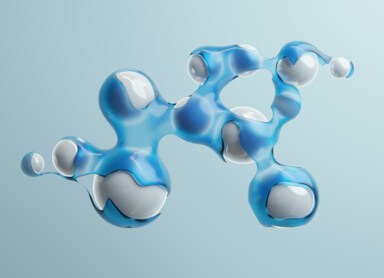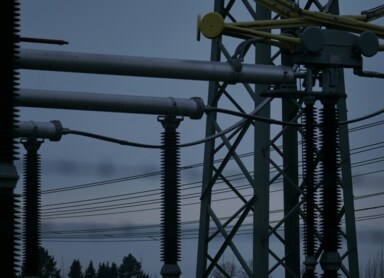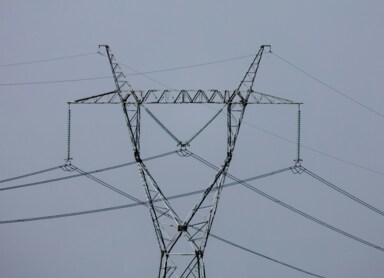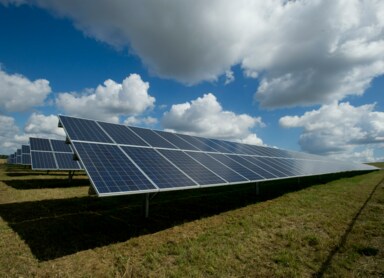RES
Non-renewable energy sources – what are they, what disadvantages do they have, and do they have a future?
Non-renewable, or so-called traditional, energy sources have for decades been the foundation of energy systems around the world. Coal, crude oil, and natural gas are resources that, despite the growing popularity of alternative energy sources, still play a key role in the energy systems of many countries. This situation makes the energy transition, which will help free the global economy from fossil fuels, increasingly urgent. So, what is worth knowing about non-renewable energy sources?
Who is a Virtual Prosumer? Settlement Rules in 2025
Using a photovoltaic installation grants the user the status of a prosumer. However, the current provisions of the Renewable Energy Sources Act distinguish between different types of renewable energy prosumers. As of July 2, 2025, in addition to individual, tenant, and collective prosumers, the virtual prosumer model also comes into effect. Who exactly are these users of photovoltaic systems, and what sets them apart from a "regular" prosumer?
Green Marketing for Companies – How to Implement It?
Environmental protection, conscious care for preserving its values and biodiversity, promoting pro-environmental attitudes, and optimizing business activities are the key principles of green marketing. When companies define areas for development and create strategic and operational plans, their implementation can help eliminate the destructive impact on the planet. At this stage, questions and doubts often arise - What exactly is green marketing?
What are oxygen trees and why is it worth planting them?
The fight against air pollution can take many forms, including planting vegetation that absorbs carbon dioxide and produces oxygen through the process of photosynthesis. In recent years, so-called OxyTrees, or oxygen trees, have been gaining popularity. What are they, and how can oxygen trees be used in urban environments as well as by large companies?
How is hydrogen produced? Electrolysis – what is it and how does it work?
Ecological hydrogen as an energy source is one of the directions in the development of renewable energy. However, to enable its large-scale use, it is necessary to apply an easy, efficient, and inexpensive method of its production. Currently, green hydrogen can be obtained in several ways – through steam reforming of natural gas, photosynthesis, fermentation, and the electrochemical method, that is, electrolysis. Here we explain what hydrogen electrolysis involves.
Green certificates in the office – how to obtain them and what benefits they bring to a company
Eco-friendly construction is becoming increasingly popular among businesses. Having green certificates in the office is not only a way to meet ESG requirements but also proof that a company is a conscious and responsible market participant. So how can you apply for green certificates?
Environmental audit – what it is and how to conduct one
An increasing number of businesses are looking for ways to implement eco-friendly, zero-emission solutions in their daily operations. On one hand, such actions are driven by current legal requirements. On the other, by adopting green solutions, a company strengthens its image as a responsible market participant that cares about the environment. How can an environmental audit help you in this regard?
Electricity production in Poland – how can the carbon footprint of the energy sector be reduced?
Planning global energy and energy security requires countries to develop so-called energy mixes. This refers to the structure of energy production and consumption, taking into account the energy carriers and methods of generation. For many years, Poland has been known for an energy mix dominated primarily by coal. Are these trends changing? What does the structure of electricity production in Poland look like?
Three-phase electricity – is it a more eco-friendly solution for households and businesses?
Access to electricity is necessary to use any device, whether it’s a kettle or an industrial machine. At the stage of designing a building’s electrical installation, it becomes necessary to choose between a single-phase and a three-phase system. How do they differ from each other? And is three-phase electricity more eco-friendly?
Solar Energy – how does It work and why Is it worth investing in?
Solar energy is one of the fastest-growing areas of renewable energy. It is inexpensive, maintenance-free, and at the same time generates real profits while requiring relatively small financial outlays. Its importance for businesses, as well as for individual consumers, is steadily increasing, as the numbers clearly show. In 2023, the total global capacity of photovoltaic installations exceeded 1,400 GW. Read on to find out why investing in solar energy is worthwhile!
